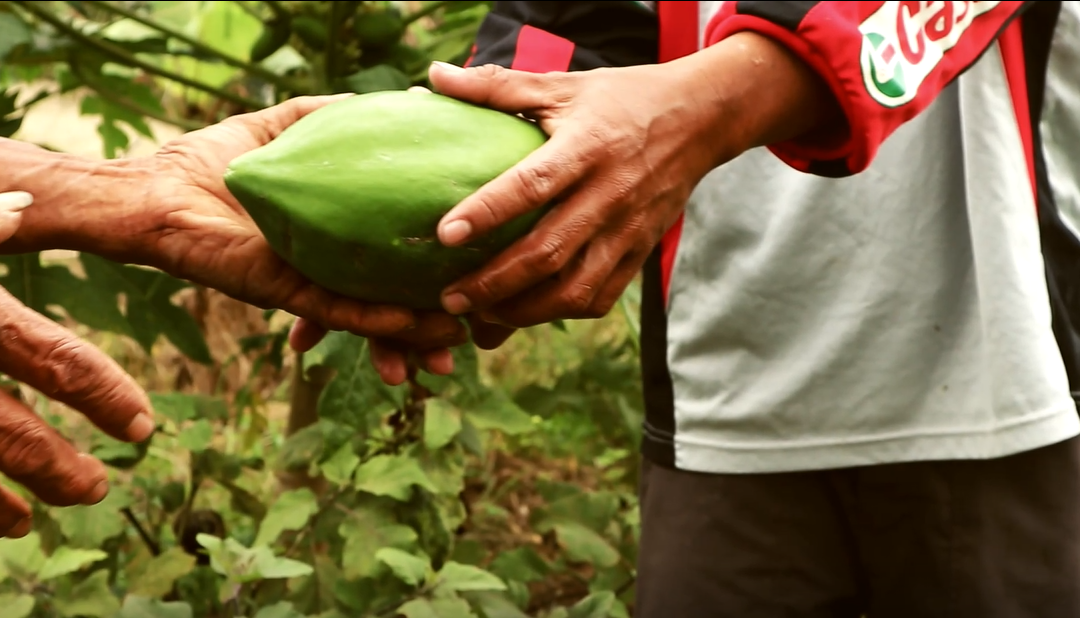© WWF-Philippines
The food we eat every day has taken a long journey from the farm to our plates. It all starts with the people that labour to plant and cultivate it, then on to those that process it, and eventually ends up with those that consume it. A lot of efforts, labour and resources are employed so that we can enjoy the food on our plates.
For the occasion of World Food Day on October 16, several teams at WWF-Philippines –The Sustainable Diner project and the Sustainable Food Systems teams (Sustainable Farm To Table Programme, AgriClima project) – collaborated to produce this video. The video highlights the hard work that goes into producing and preparing the food that we order in restaurants, displaying the example of farming communities in the Visayas region.
© WWF-Philippines
The three projects are working on different aspects of sustainable food systems:
The Sustainable Diner project aims to reduce food waste in the Philippines, and to help improve the sustainability of food production and consumption. One third of the food we produce worldwide is lost, and at the same time people are suffering from hunger. By interacting with political decision-makers, business partners and consumers, the project aims to shift to SCP.
The Sustainable Farm to Table project believes that food security is about liberation. Communities experiencing food security will be liberated to make decisions: they can save up money and resources and can develop as they wish to. Farmers are taught the basics of sustainable agriculture, they are supported in developing agri-businessses and get connected to other farmers and the market.
In the AgriClima project the idea is to deepen the understanding of smallholder sugarcane farmers and stakeholders on climate-related risks in agriculture. The approach is to manage the natural capital of the sugarcane ecosystems in Negros Occidental.

